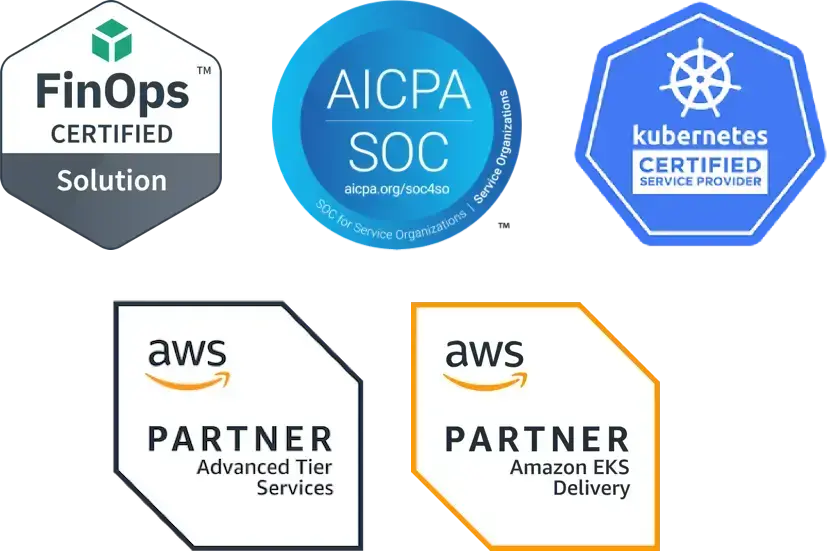Kubernetes is Still New to Most People
I managed to make it to my 30s before I had to buy a house and there are loads of reasons I wish I never had one.
When I'm renting and something breaks, it's not my problem. I mean I might want to bring it to the landlord's attention, or I might just decide it's not a big deal. But as a homeowner when a sprinkler station stops working and I've never had this specific problem, I have to figure it out.
(I found out there is a Folgers coffee container turned upside down underneath a pine tree covering up a valve I didn't know about and had to dig to find. A valve I didn't want to have to know about. But it's my house, and even though I've been here seven years, there are still things to learn about it.)
Kubernetes is just as messy.
Security in Kubernetes IS your problem
Similarly, even if you've been running Kubernetes in production for years, there is a good chance there are still corners of it that you haven't learned about and security issues you need locked down. You almost certainly have security blind spots in your Kubernetes infrastructure.
The list of things you need to have right is long, including wanting to make sure the workloads you're deploying aren't running known vulnerabilities. Even if you have it locked down today, you also need a means to make sure you aren't deploying anything new with known vulnerabilities into the otherwise pristine environment.
The workloads are just the tip of the iceberg. You don't want containers running with too many permissions, you want to make sure you have network policy enforced in a way that follows known best practices (or at least your company's policies). The number of blind spots most people have in Kubernetes is larger than most other environments because Kubernetes is still a new paradigm to most. It's like owning a home for several years, there are always going to be nooks and crannies you have to learn. And having an expert (or software expertise) help you secure things is a way to have peace of mind that you're doing it right.
Finding Your Security Blind Spots: Fairwinds Insights
This is where Fairwinds Insights helps. It continuously scans your Kubernetes workloads against known vulnerabilities and best practices to help you identify security blind spots. It does this from development through production stopping blind spots because they cause a production-grade accident.
Insights integrates shift-left security where users can configure Insights to show warnings or prevent development merges based on risky misconfigurations. Its container vulnerability scanner tracks known vulnerabilities, prioritizes findings and gives developers guidance on remediation. Users can integrate Insights findings with ticketing and assignment workflows like PagerDuty, Jira, Slack or GitHub for status tracking.
Fairwinds Insights is available to use for free. You can sign up here.
Fairwinds Insights helps eliminate security blind spots. It ensures you don't step outside one day and find out everything is broken because someone decided a critical piece of your infrastructure would be just fine buried under a Folgers coffee container under a tree.


